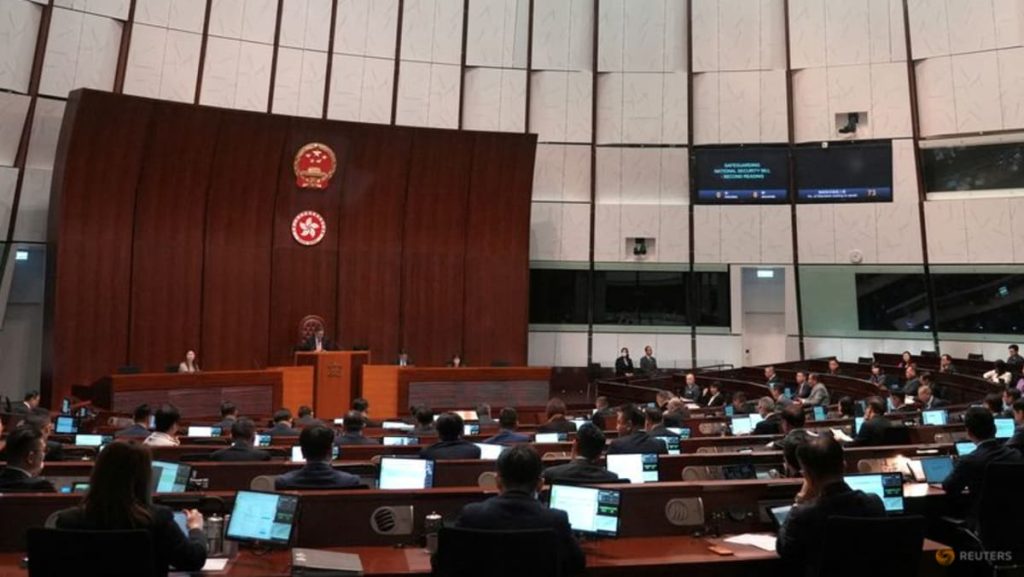ection, as well as other offenses such as secession and collusion with foreign forces. The law was imposed by Beijing in response to ongoing protests and unrest in Hong Kong, which China views as a threat to its sovereignty and national security. Critics argue that the law undermines Hong Kong’s autonomy and violates the “one country, two systems” principle agreed upon when the territory was handed back to China by the UK in 1997.
The new national security law has sparked concerns about the erosion of civil liberties and freedoms in Hong Kong, as well as the potential impact on the territory’s status as a global financial hub. Pro-democracy activists fear that the law will be used to target and suppress dissenting voices, leading to a further crackdown on freedoms of speech, assembly, and expression. Some have called for international sanctions against China in response to the law, while others have expressed support for the government’s efforts to maintain stability and security in the region.
The passing of the national security law comes amid escalating tensions between China and Western countries, particularly the United States. The US has condemned the law as a violation of the commitments made by China to uphold Hong Kong’s autonomy and freedoms, and has imposed sanctions on Chinese officials linked to the crackdown on protesters in Hong Kong. The European Union has also expressed concerns about the law and its impact on human rights and the rule of law in Hong Kong.
The Chinese government has defended the national security law as necessary to safeguard its national interests and maintain stability in Hong Kong. Authorities have described the law as a legal framework to prevent and punish acts of secession, subversion, terrorism, and collusion with foreign forces that threaten national security. Chinese officials have accused Western countries of interfering in Hong Kong’s affairs and supporting the unrest in the territory, and have warned against any attempts to undermine China’s sovereignty.
The national security law has raised questions about the future of Hong Kong’s autonomy and its relationship with mainland China. Pro-democracy activists have vowed to continue their struggle for democracy and human rights in the face of increasing pressure from Beijing, while supporters of the law argue that it is necessary to ensure stability and security in Hong Kong. The international community is closely monitoring the situation in Hong Kong, with concerns about the erosion of freedoms and the implications for the territory’s status as a global financial center.
As tensions continue to escalate between China and Western countries over the national security law, the future of Hong Kong remains uncertain. The territory’s unique status as a bridge between East and West, with its distinct legal and political system, is at risk as Beijing asserts its authority and cracks down on dissent. The implementation of the law has further deepened divisions within Hong Kong society, with some supporting Beijing’s actions and others calling for greater autonomy and democracy. The coming months will be crucial in determining the fate of Hong Kong and its people, as they navigate the complexities of politics, security, and human rights in the face of growing pressure from mainland China.














